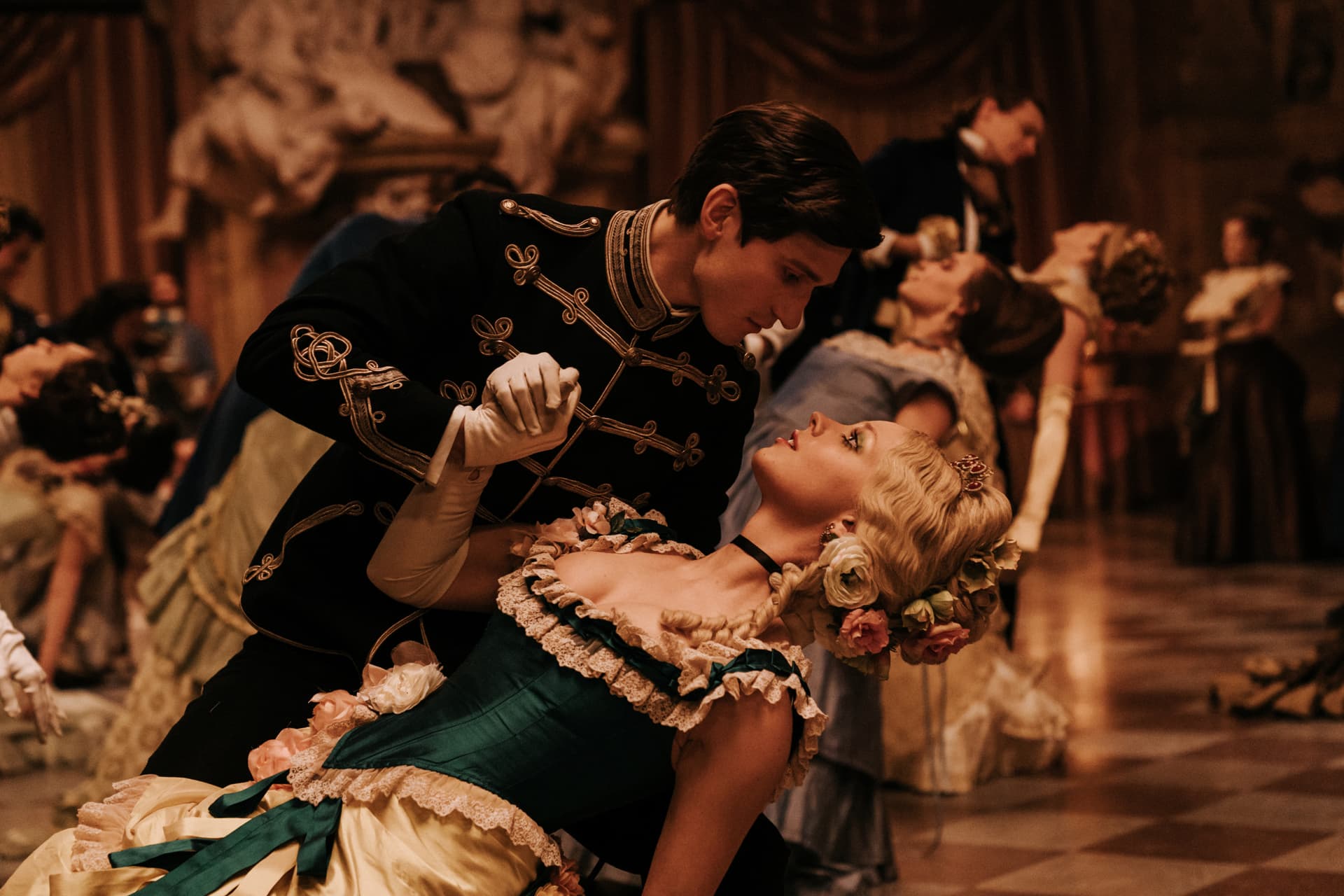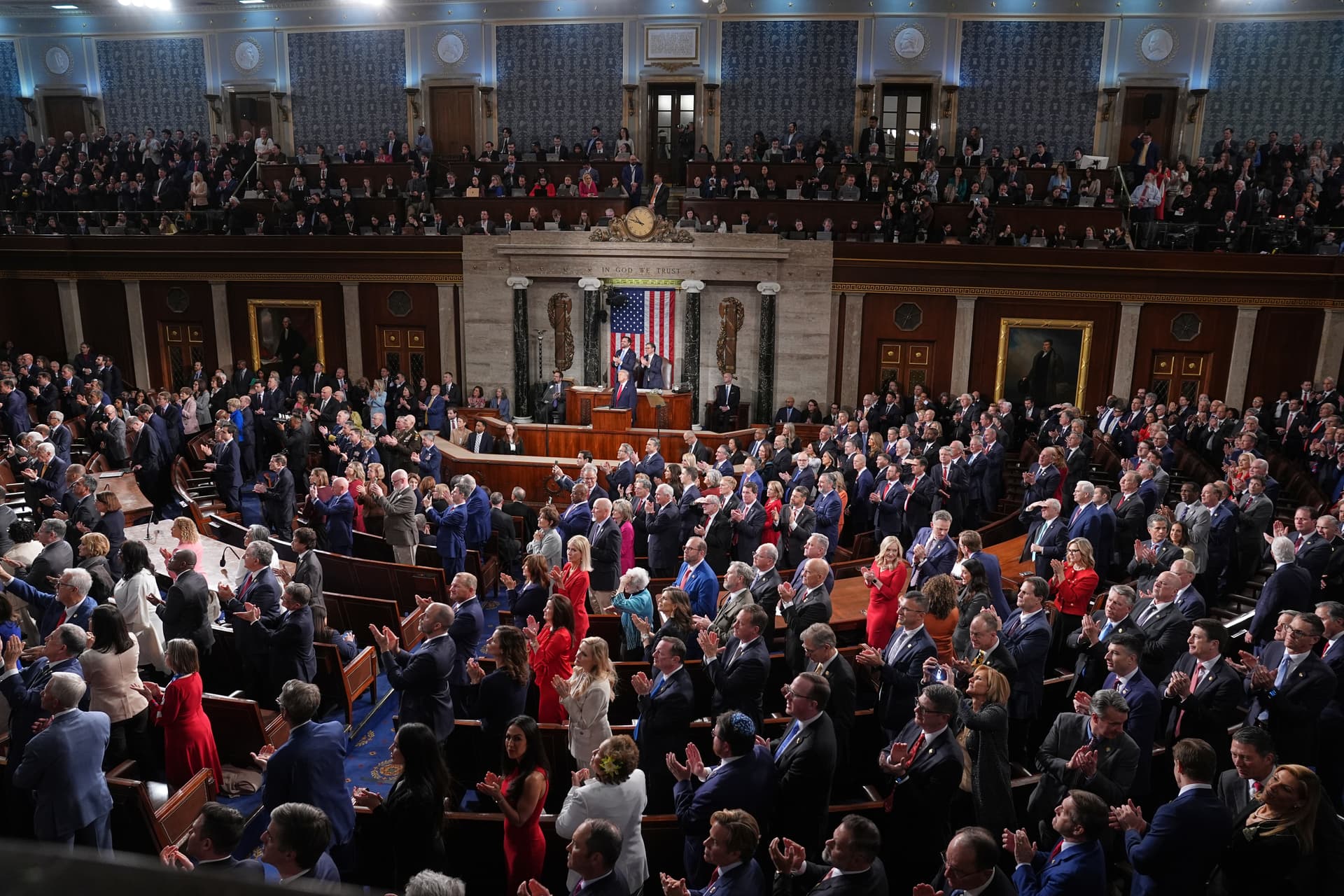
Carville Trashes Trump But Maybe Carville Should Sit This One Out
By Carville Trashes Trump But Maybe Carville Should Sit This One Out
|Mr. Weinstein’s attorneys say he faces ‘further serious medical conditions, and possibly death’ if he’s not moved to a hospital.

Already have a subscription? Sign in to continue reading
$0.01/day for 60 days
Cancel anytime
By continuing you agree to our Privacy Policy and Terms of Service.

By Carville Trashes Trump But Maybe Carville Should Sit This One Out
|
By VERONIQUE de RUGY
|
By MARIO NAVES
|
By MATTHEW RICE
|
By GEORGE WILL
|
By MATTHEW RICE
|
By DANIEL EDWARD ROSEN
|
By LAWRENCE KUDLOW
|